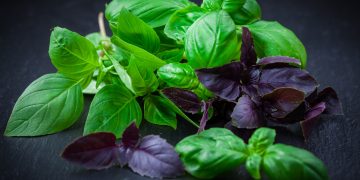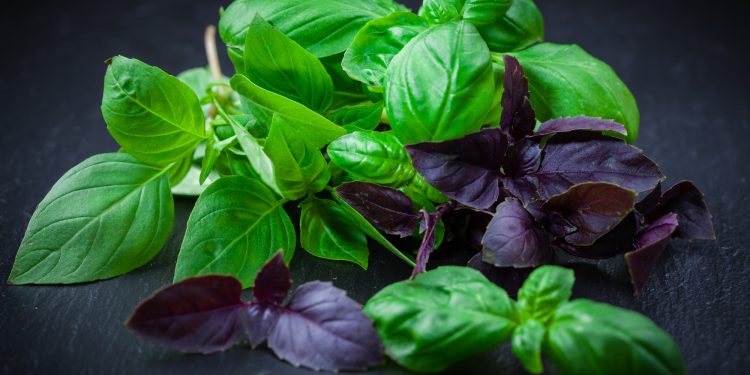#herbs #cooking #healthylifestyle #sustainability #gardening
Basil (Ocimum basilicum) is an aromatic herb that is widely used in cooking and traditional medicine. It is a member of the mint family and is native to tropical regions of central Africa and Southeast Asia. Basil is known for its distinctive aroma and flavor, which is used to enhance the taste of many dishes.
Basil has a long history of use in traditional medicine. It is known to have anti-inflammatory, antimicrobial, and antioxidant properties, which may help to protect against chronic diseases. The herb is also a good source of vitamins A and C, calcium, iron, and potassium.
The development of basil cultivation has brought numerous benefits, including increased access to fresh basil and new culinary applications. With the rise of urban gardening and hydroponics, growing basil at home has become more accessible than ever. Additionally, the development of basil supplements has made it possible to take advantage of the herb’s health benefits in concentrated form.
The increasing popularity of basil has also led to environmental concerns. The high demand for the herb has led to over-harvesting and deforestation in some regions. This has led to efforts to promote sustainable cultivation practices and to protect the natural habitats where basil grows.
In conclusion, basil is a versatile herb with numerous culinary and health benefits. Its widespread use has led to both positive and negative consequences, making it important to promote sustainable cultivation practices and to educate consumers about the benefits and risks of basil consumption.































